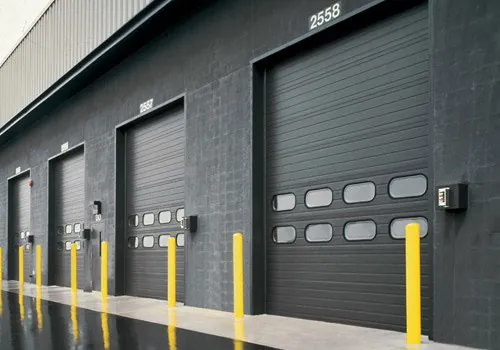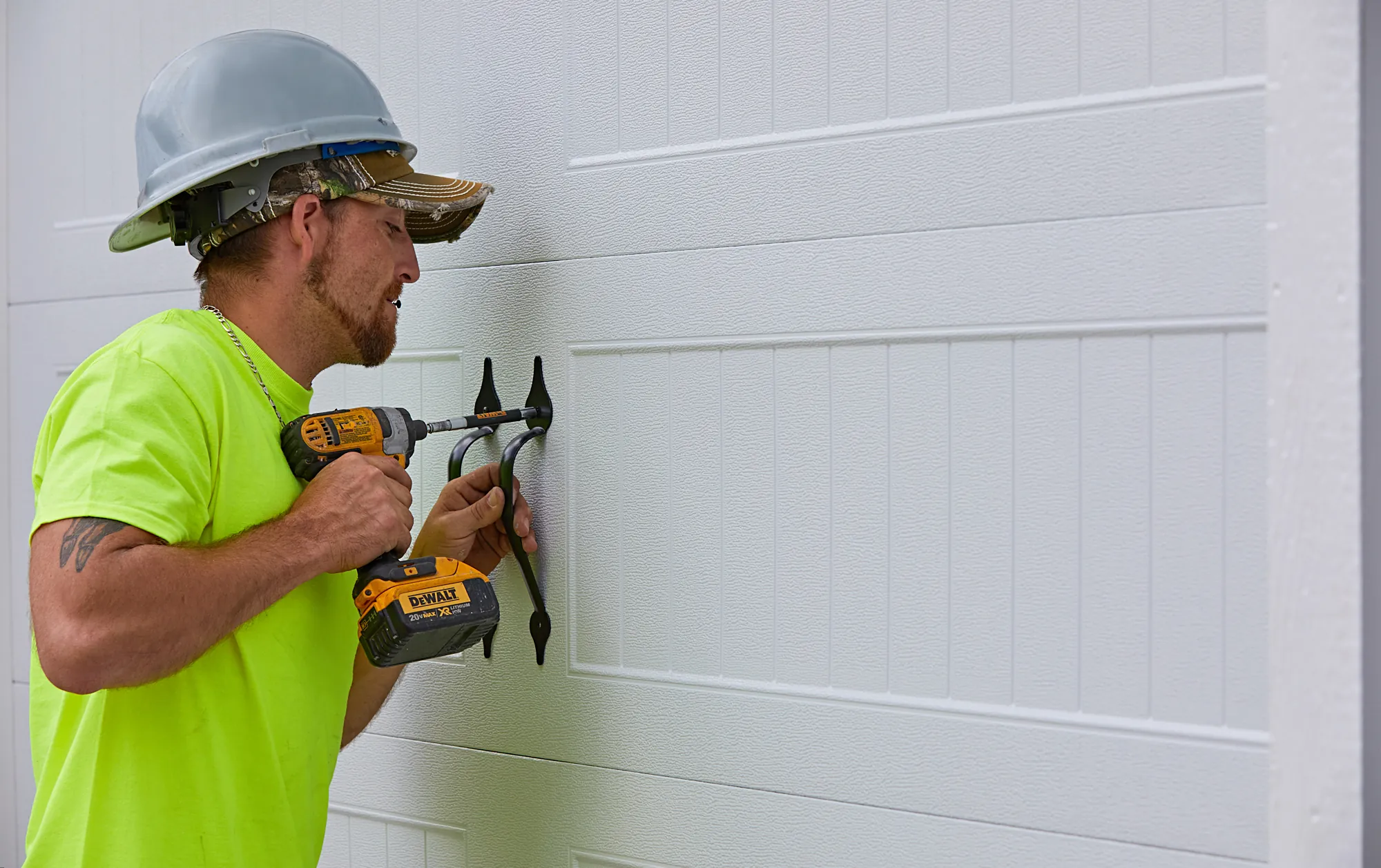Insulation plays a crucial role in the comfort, safety and efficiency of your home. It prevents the transfer of heat between the indoors and outdoors to help keep your living space cool in the summer and warm in the winter. The question is, do these same principles apply to your garage door?
While the thin, flexible metal door that separates the contents of your garage from the outside world does an adequate job preventing the infiltration of most animals, weather and debris, it does little to regulate the temperature of the interior space. However, before you run out to buy insulation in an effort to boost the energy efficiency of your garage door and maintain the temperature inside, read on to learn whether it’s worth the investment.
Call Overhead Door Company of Greater Cincinnati™ at (513) 394-6938 to ask about our Thermacore® Collection insulated steel doors for maximum thermal efficiency.
Insulating Your Garage Door Vs Replacing Your Garage Door
In an effort to prevent heat loss or gain inside the garage, homeowners may apply insulation to the interior side of the garage door, using common materials such as spray foam, rigid foam or batt insulation. Garage door insulation kits are also available from online retailers and in a number of home improvement stores, but while each of these methods is within easy reach for the average DIYer, an insulated garage door may cause more problems than it solves.
Due to the fluid movement of a garage door during operation, any material that is applied, whether it is batt insulation, foam board or spray foam, will eventually shift, chip or deteriorate over time. The cost of materials and time spent reinsulating the door will quickly outweigh any negligible temperature difference, and the money may be better applied towards a more energy-efficient insulated steel garage door.
Contact us to learn more about garage door replacement in the Greater Cincinnati area or call (513) 394-6938 to schedule fast, reliable garage door repair or installation.
Maintaining the Temperature Inside Your Garage
An unheated garage is likely to remain within a few degrees of the outdoor temperature at any given time, regardless of whether it has an insulated garage door. Insulation helps to slow the transfer of heat between the indoors and outdoors, and the law of thermodynamics dictates that heat will always flow towards cold. Whether or not the garage door is insulated, what little heat remains inside will automatically transfer through the door, walls and ceiling to where it is cooler.
Insulating the exterior walls of an unheated garage will also have a negligible effect on the temperature of the interior, as the foundation itself will be a constant source of heat loss. Weatherstripping applied along the bottom of the garage door and around the frame can help to keep out drafts and debris, but a better investment towards the comfort and safety of your family is to ensure there is adequate insulation between the ceiling and shared walls of the garage and your living space.
In the end, the only real benefit to insulating a garage door is to help with noise reduction, but if you want to reduce heat transfer, a better option is to replace your old garage door with a new, energy-efficient upgrade.
Call Overhead Door Co. of Greater Cincinnati at (513) 394-6938 for top-quality products and services, including garage doors and insulation, or contact us online today!








